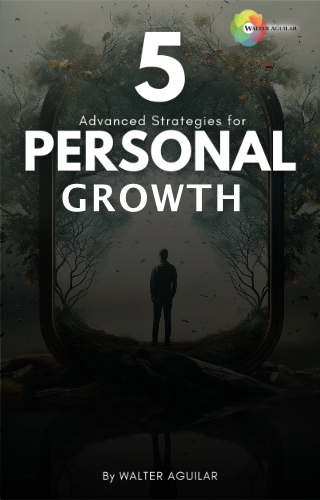Life is full of transitions, whether it’s changing jobs, moving to a new city, ending a relationship, or experiencing a loss. These transitions can be challenging, and it’s natural to feel resistance or even fear when faced with the unknown. However, one of the most important skills we can develop is the ability to accept what is and move forward with grace and resilience.
As an IPEC COR.E Transition Dynamics specialist, I’ve worked with many clients who are going through a transition and struggling to let go of what was and embrace what is to come. Here are some of the reasons why acceptance is such an important aspect of moving forward in life:
- Acceptance allows us to let go of the past: When we resist change or cling to the past, we’re essentially living in a state of denial. We’re telling ourselves that things should be a certain way, even if they’re not. Acceptance helps us acknowledge what is, rather than what we wish was, and frees us from the grip of the past. By accepting what has happened, we can begin to move forward and create a new future.
- Acceptance helps us manage our emotions: Transitions can be emotional rollercoasters, and it’s easy to get caught up in our feelings of sadness, anger, or fear. Acceptance doesn’t mean we have to like what’s happening or be happy about it, but it does mean we acknowledge our emotions and allow ourselves to feel them without getting stuck in them. By accepting our emotions, we can process them in a healthy way and move forward with greater clarity and peace.
- Acceptance helps us embrace uncertainty: Life is inherently uncertain, and transitions can amplify that sense of unpredictability. Acceptance doesn’t mean we have all the answers or know exactly how things will turn out, but it does mean we’re willing to embrace the unknown and trust that we can handle whatever comes our way. By accepting uncertainty, we can reduce our anxiety and approach the future with greater optimism and resilience.
- Acceptance fosters growth and learning: Transitions can be challenging, but they also present opportunities for growth and learning. When we resist change or cling to the past, we’re closing ourselves off to these opportunities. Acceptance, on the other hand, allows us to approach the transition with an open mind and heart, ready to learn from the experience and grow as individuals. By accepting what is, we can move forward with greater wisdom, insight, and self-awareness.
- Acceptance helps us build better relationships: Transitions can strain our relationships with others, especially if we’re holding onto resentment or blame. Acceptance allows us to take responsibility for our own feelings and actions, rather than blaming others for what’s happening. By accepting what is and communicating openly and honestly with others, we can build stronger, more authentic relationships based on trust and respect.
- Acceptance supports our well-being: Transitions can be physically and emotionally exhausting, and it’s easy to neglect our own self-care amid all the change. Acceptance allows us to be kind and compassionate with ourselves, and to prioritize our own well-being. By accepting what is and taking care of ourselves, we can move forward with greater energy, clarity, and joy.
In the end, acceptance is an essential aspect of moving forward in life, whether we’re navigating a major transition or simply trying to make the most of each day. By accepting what is and embracing the unknown, we can let go of the past, manage our emotions, and create space for new experiences in
our lives.






